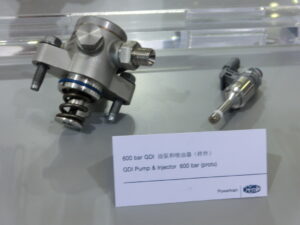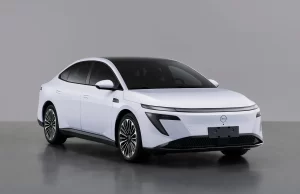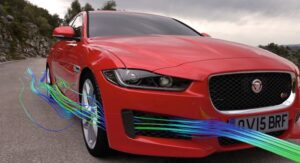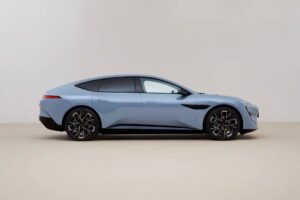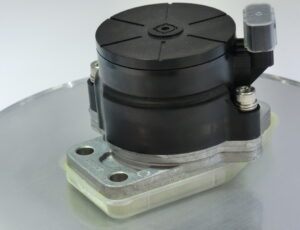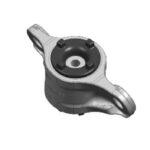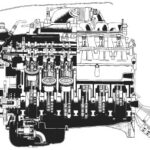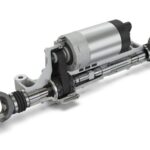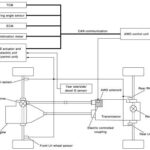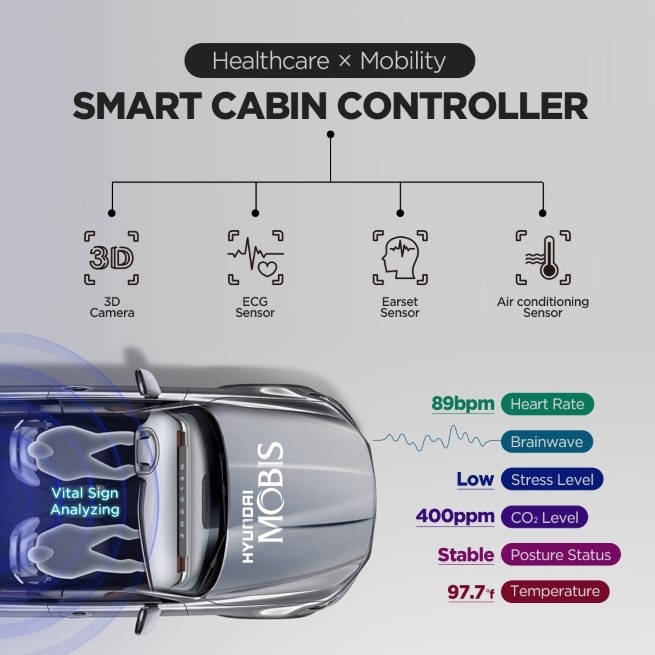
While there are already controllers that are capable of processing certain vital signs in the mobility industry, this is the first time for a dedicated healthcare controller to be developed that can perform an integrated analysis of various vital signs.
Hyundai Mobis expects that this dedicated vital signs controller will contribute to enabling the vehicle to play a role as a ‘moving health check-up center.’
“Our core competitive edge is the software solution that has been designed to apply healthcare to mobility and the controller that enables integrated control,” said Cheon Jae-seung, head of the R&D division, Hyundai Mobis. “Based on the unique vital signs database we’ve built up, we will upgrade this technology further to provide more features, including carsickness prevention, stress management, and the blocking of drunk driving.”
The Smart Cabin Controller is equipped with four sensors: a 3D camera that captures the posture of occupants, an ECG sensor mounted on the steering wheel, an ear-set sensor to measure the brainwaves flowing around ears, and an HVAC sensor to measure the temperature/humidity and carbon dioxide level of the cabin. The controller analyzes various vital signs collected from these sensors in real time to help with safe driving.
For example, it recommends switching to the autonomous driving mode if the ECG sensor detects a high stress level in the driver, and it opens windows or switches to the outside-circulation mode if the CO2 level is too high. This technology is expected to further evolve to be able to guide the vehicle to an emergency room in case of an emergency, such as cardiac arrest.
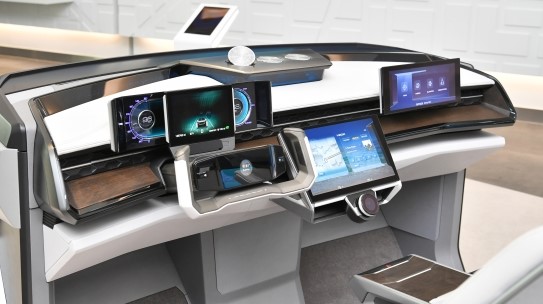
Last year, Hyundai Mobis also became the world’s first with its development of the M.Brain, a brainwave-based driver monitoring system, and is globally expanding its sales activities with M.VICS, an autonomous driving cockpit system equipped with various new healthcare technologies, including an ECG sensor, driver monitoring camera, and carsickness reduction technology.

